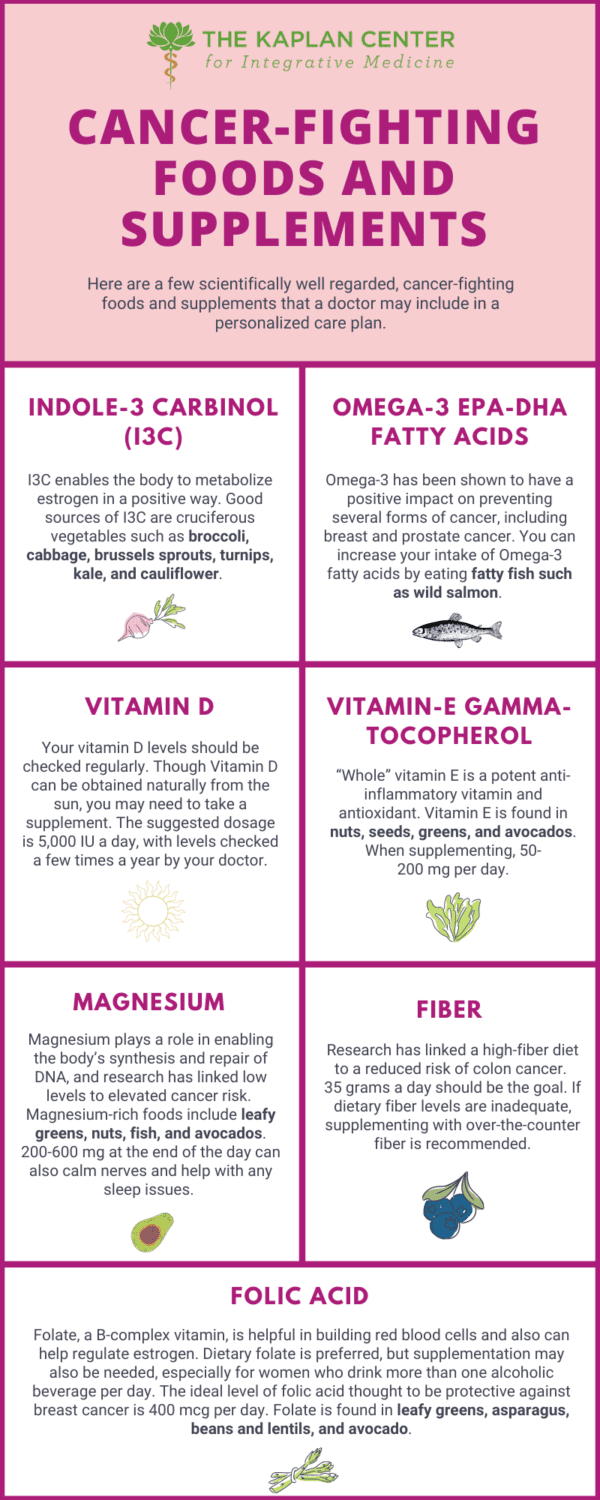3 Reasons to Include Turmeric In Your Diet
Native to southwest India, and known for its radiant golden color and unique taste, turmeric has been used as a culinary herb for thousands of years, and is found in abundance in many Indian dishes, especially curries. But it is its role as a healing herb that has caused scientists to take a closer look at this “miracle spice.”
The magic of turmeric resides in the roots, specifically in the chemical compound called curcumin. Curcumin is a polyphenol – a chemical compound found in plants with antioxidant properties, and myriad therapeutic attributes. A study in Advances in Experimental Medicines and Biology, went so far as to state that “Curcumin has been shown to exhibit antioxidant, anti-inflammatory, antiviral, antibacterial, antifungal, and anticancer activities and thus has a potential against various malignant diseases, diabetes, allergies, arthritis, Alzheimer’s disease, and other chronic illnesses.”
#1 – Defense against cognitive decline
A 2018 article in the Journal of Alzheimer’s Disease highlighted the protective effects of curcumin in the treatment for Alzheimer’s disease (AD). The review particularly looked at curcumin’s effect against amyloid beta (Aß), a peptide that plays a central role in the pathology of AD.
- Curcumin may help the macrophages – critical cells of the immune system – clear plaque deposits of Aß. Unlike a healthy brain, patients with Alzheimer’s Disease show an accumulation of amyloid plaques between nerve cells (neurons).
- Curcumin has demonstrated that it has neuro-protective effect against Aß induced cell death of cortical neurons.
- Curcumin has shown to inhibit the accumulation of Aß and promote its reduction.
Furthermore, curcumin has anti-proliferative actions on microglia. Microglia are immune cells of the central nervous system that become active in response to any number of stressors on the body. However, if the microglia have been stimulated to react too often, they become hyper-reactive, which can trigger system-wide inflammation that can be difficult to stop.
#2 – Defense against cancer
A 2019 review of research on the role of curcumin in cancer therapy, confirmed that “curcumin exhibits anticancer ability by targeting different cell signaling pathways including growth factors, cytokines, transcription factors, and genes modulating cellular proliferation and apoptosis,” all of which are associated with the progression of cancer.
- Curcumin’s antioxidant properties help prevent the increase of free radicals. Antioxidants scavenge free radical. When free radicals are left unchecked, it results in oxidative stress which damages cells and plays a big role in the early stages of cancer.
- Curcumin has shown an ability to inhibit nuclear factor kß (NF-kß). NF-kß is a proinflammatory molecule associated with cancer progression and inflammation.
According to another systematic review in 2020, curcumin shows both preventative and therapeutic effects on various types of cancers when used as an adjunct therapy in cancer treatment.
- Curcumin’s low toxicity allows for widespread use, with no harmful side effects.
- Curcumin can help improve quality of life by its ability to reduce side effects of chemotherapy or radiotherapy.
#3 – Treatment of Osteoarthritis
Curcumin’s anti-inflammatory properties also make it a strong candidate for treating inflammatory diseases such as osteoarthritis. A 2017 study in the Journal of Exercise Rehabilitation found that supplementation with a bioavailable form of curcumin “appeared to be effective in reducing the pain and enhancing muscular and balancing function” in patients with knee osteoarthritis.
How should you add curcumin to your diet?
- Supplementation: Curcumin is not a major component of American diets, so supplementation could be considered. Unfortunately, because curcumin is not easily absorbed in the bloodstream, its bioavailability is diminished. Bioavailability can be increased, however, by partnering the extract with another compound to enhance its absorption. Piperine, a compound found in black pepper, is one such example. At the Kaplan Center, the curcumin supplement* we prescribe is micronized in colloidal particles and as a result, has significantly higher plasma concentration over other leading brands. Remember, supplements are not regulated by the FDA, so make sure to purchase your supplement from a trusted source. You should also speak to your physician before you begin taking any supplement to rule out any possible interactions with other medications.
- Eat more curry! Eating more curried dishes that are rich in turmeric spice as well as black pepper regularly can be a good source of curcumin.
- Enjoy a cup of turmeric milk: End your day with a cup of delicious Golden Turmeric Milk (see video below!). Curcumin is fat-soluble, therefore combining it with milk will help to make the curcumin more readily absorbed into the body.
Studies on curcumin and its efficacy in humans is ongoing, but the research looks quite promising. With very few side effects, powerful anti-inflammatory, anti-cancer, and antioxidant properties, and a long history of medicinal use, curcumin can play an important role in maintaining the body’s normal inflammatory response, while also supporting healing and relieving pain.
*Theracurmin® HP is available to purchase from the Kaplan Medical Center Store.
Dr. Kaplan’s article first appeared on U.S. News and World Reports on July 24, 2015. Updated in Jan 2023.


